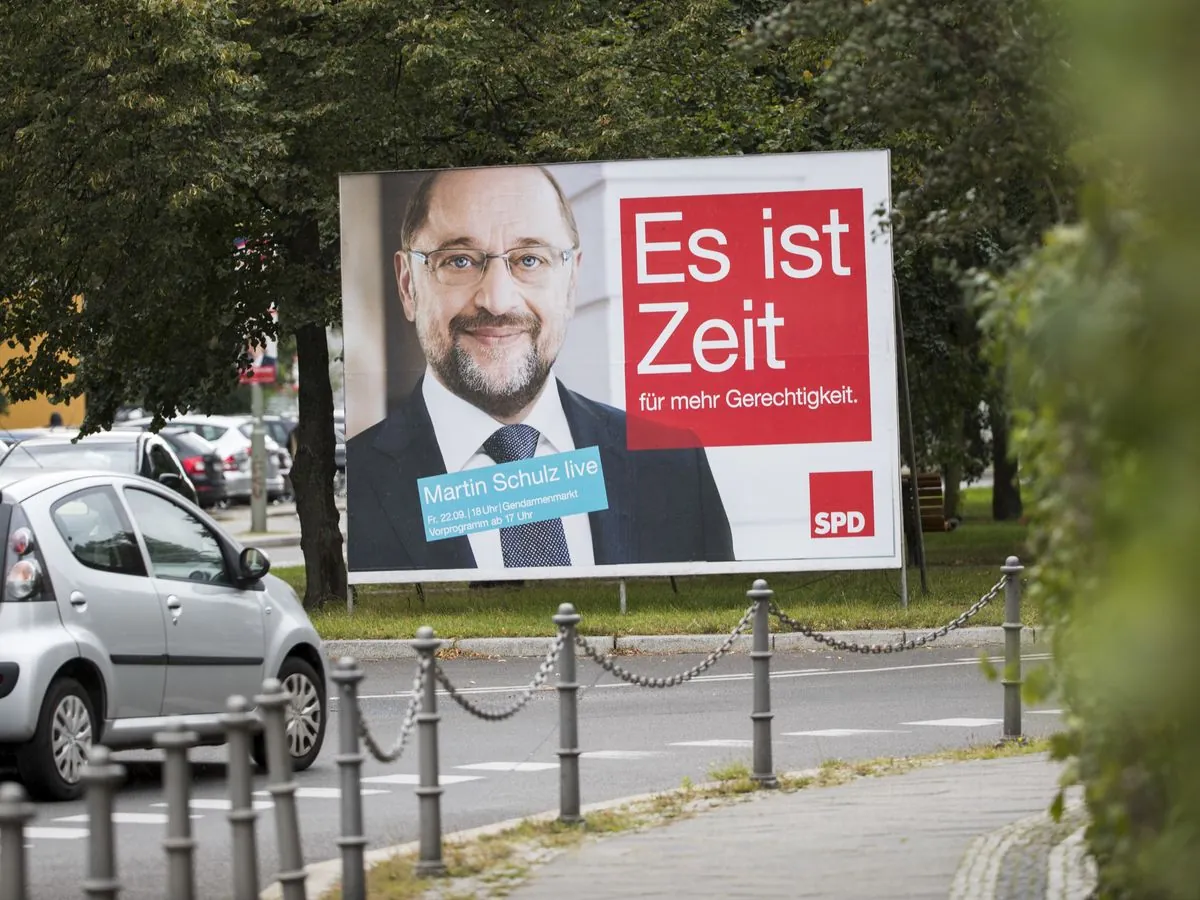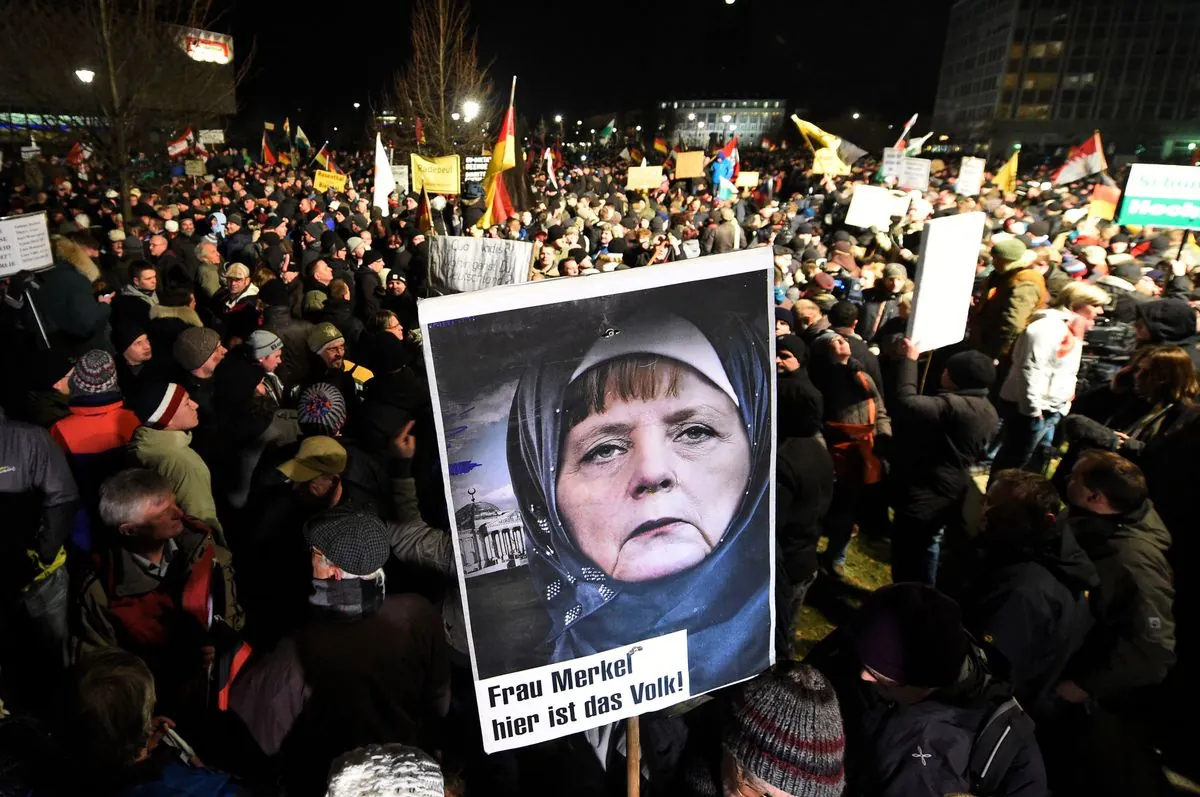Far-Right Surge Predicted in Eastern German State Elections
Upcoming eastern German state elections forecast significant gains for far-right party. Reuters explores factors driving political divisions and key figures shaping populist discourse in Germany.

In the lead-up to crucial state elections in eastern Germany, political analysts are projecting an unprecedented surge in support for the far-right. This development marks a significant shift in the region's political landscape, potentially resulting in the strongest far-right representation since the conclusion of World War II in 1945.
Alternative for Germany (AfD), the far-right party founded in 2013, is expected to make substantial gains in these elections. This projection has sparked discussions about the factors contributing to the growing appeal of populist ideologies in the eastern states, which were formerly part of the German Democratic Republic (GDR) before reunification in 1990.
The rise of the AfD in eastern Germany can be attributed to various factors, including economic disparities between eastern and western regions that have persisted since reunification. The eastern states have faced ongoing economic challenges, contributing to feelings of discontent among some residents. Additionally, the 2015 refugee crisis significantly impacted German politics, fueling anti-immigration sentiment in certain areas.

Germany's political system, characterized by its multi-party structure and federal organization into 16 states (Bundesländer), is experiencing increased fragmentation. While traditional major parties like the Christian Democratic Union (CDU)/Christian Social Union (CSU) and the Social Democratic Party (SPD) have dominated post-war politics, they now face growing competition from smaller parties, including the AfD.
Recent policy changes and events have further shaped the political discourse. The German government, led by Chancellor Olaf Scholz since 2021, has implemented stricter security and asylum policies following incidents such as a deadly festival stabbing. These measures reflect attempts to address public concerns about safety and immigration.
"Our party represents the voices of those who feel left behind by mainstream politics. We are committed to addressing the real concerns of German citizens."
It's crucial to note that Germany maintains strict laws against hate speech and Nazi symbolism, reflecting the country's commitment to preventing the resurgence of extremist ideologies. However, the rise of the AfD has sparked debates about the balance between freedom of expression and the protection of democratic values.
The city of Dresden in eastern Germany has emerged as a focal point for anti-immigration protests, highlighting the regional nature of these political shifts. As Germany continues its "Energiewende" policy to transition to renewable energy, economic concerns remain at the forefront of political discussions, particularly in regions dependent on traditional industries.
As the elections approach, political observers are closely monitoring the potential implications of increased far-right representation in state parliaments. The outcome may significantly influence national politics, potentially affecting debates in the Bundestag, Germany's federal parliament.
These developments occur against the backdrop of Germany's position as the largest economy in the European Union, underscoring the broader European implications of shifts in German politics. As the country navigates these complex political dynamics, the upcoming elections will serve as a critical indicator of the evolving political landscape in eastern Germany and its potential impact on the nation as a whole.


































